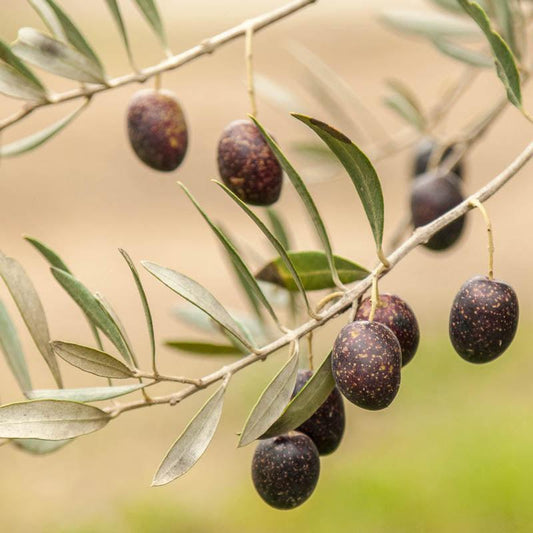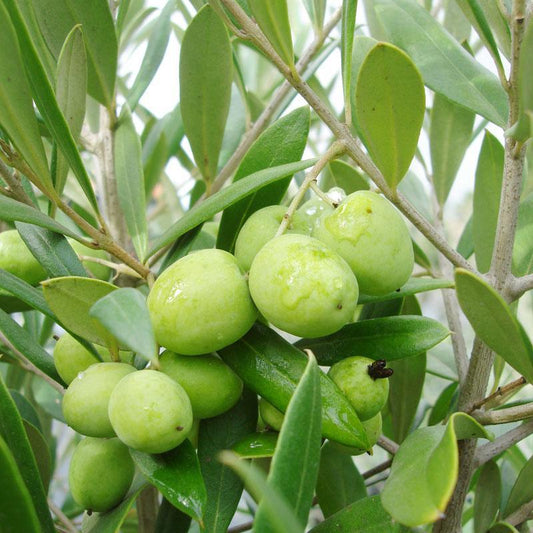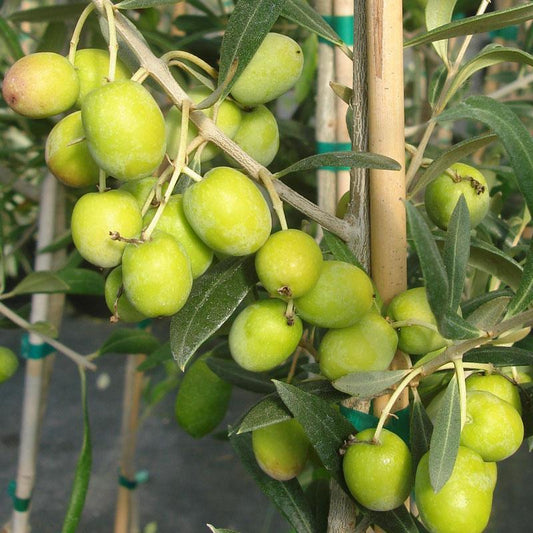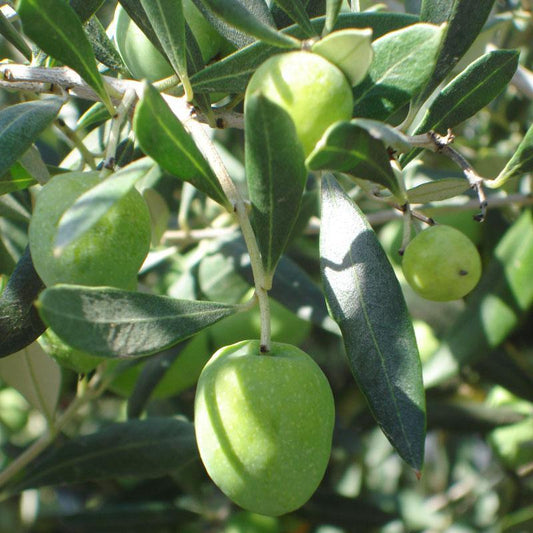Collection: Grow Olives for Oil or Table
Explore Our Selection of Olive Trees
Our selection of olive trees features a diverse range of resilient and beautiful natural olive tree cultivars. Popular varieties include Arbequina olive trees, Picual, Itrana, Coratina, Hojiblanca, Maurino, and more, offering options for every gardener and grower. Whether you want fruiting olive trees for flavorful table olives and olive oil or prefer fruitless olive trees for decorative use, each real olive tree comes with a healthy root ball to ensure successful outdoor planting or container growth.
Selecting the Right Olive Tree for Your Garden
Selecting the right tree is crucial for success. Olive trees thrive in full sun and well-draining soil to prevent root rot and promote healthy growth. Many cultivars, including the popular arbequina olive trees, grow 10-15 feet tall, but other varieties can grow larger. They can adapt to a wide range of climates but most varieties grow best in growing zones 9-11.
These evergreen trees have been cultivated for thousands of years, prized for their durability and versatility. Thanks to cold-hardy cultivars, olive trees can grow in many USDA zones across the U.S. For more detailed advice, visit our guide on How to Choose Olive Trees.
Growing Olives: Care and Cultivation Tips
Growing olives successfully involves proper care:
- Plant in well-draining soil to avoid waterlogging.
- Ensure at least 6-8 hours of full sun daily.
- Although self-fertile, cross-pollination can improve fruit production.
- Pruning and fertilization help enhance growth and yield.
Learn more from our How to Grow Olives: A Growing Guide and Olives Growing Guide.
Benefits of Our Olive Tree Varieties
Our olive tree varieties are selected for quality and performance:
- Many produce excellent fruit for oil production or as tasty table olives.
- The Arbequina olive trees are highly regarded for adaptability and flavor.
- Most trees grow to a manageable height of 8-10 feet tall and will grow in large containers, making them ideal for smaller gardens and patios.
- Both fruiting olive trees and fruitless olive trees are available to suit landscaping preferences.
Why Buy Our Olive Trees?
Our Olive trees are chosen for resilience and ease of growth:
- Perfect for both home gardeners and commercial growers.
- Suitable for indoor or outdoor planting.
- Each real olive tree comes with a strong root ball to ensure healthy establishment.
- Nurtured to support excellent fruit production and lush evergreen foliage.
For detailed planting instructions, watch our Planting Olives Video.
Additional Resources
Our olive trees for sale are perfect to enhance your landscape with beautiful, productive, and historically significant trees. Explore our diverse selection of olive trees today and start growing these magnificent plants.
 Sold out
Sold out Sold out
Sold out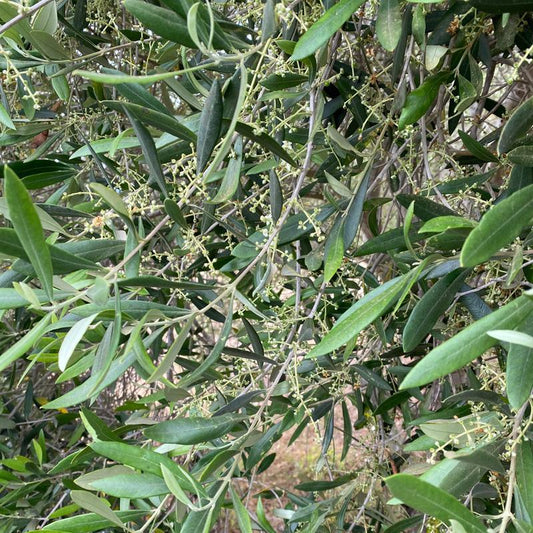 Sold out
Sold out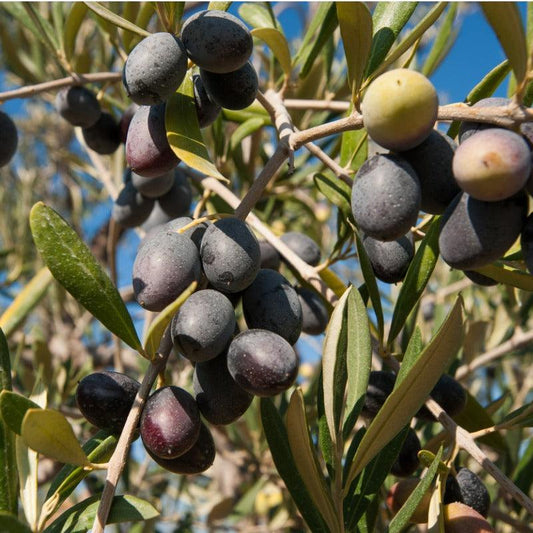 Sold out
Sold out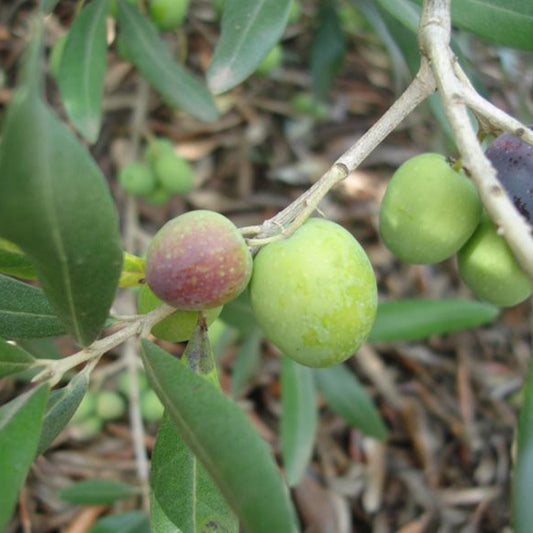 Sold out
Sold out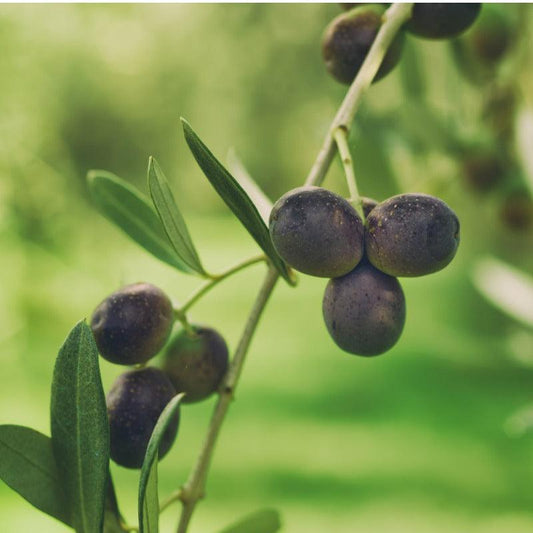 Sold out
Sold out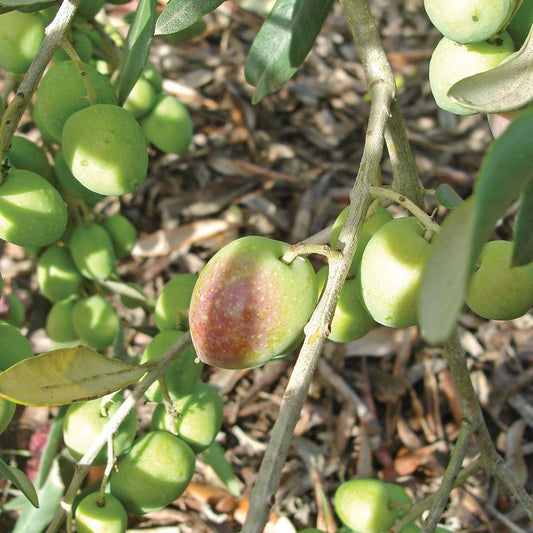 Sold out
Sold out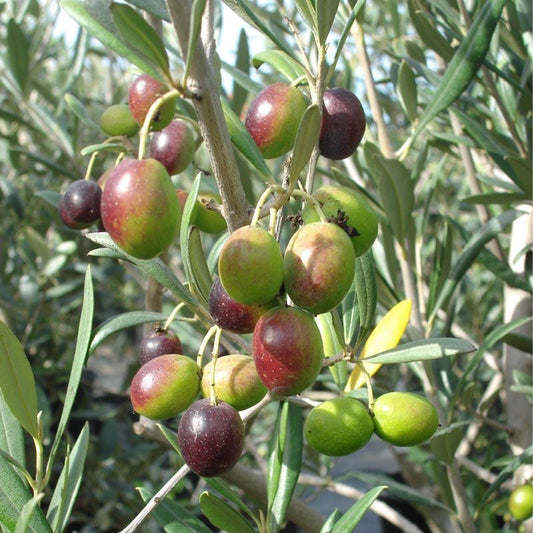 Sold out
Sold out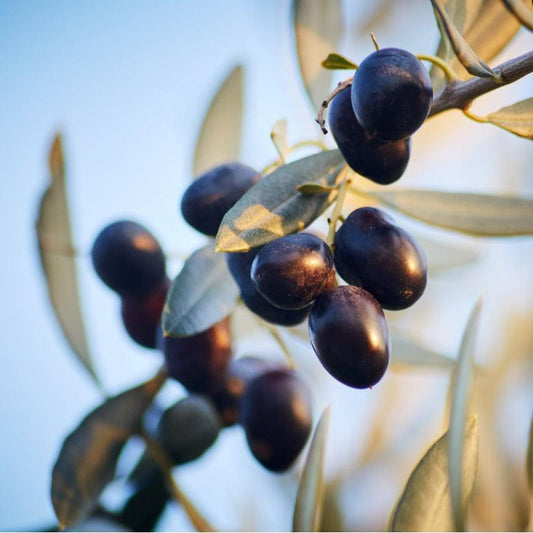 Sold out
Sold out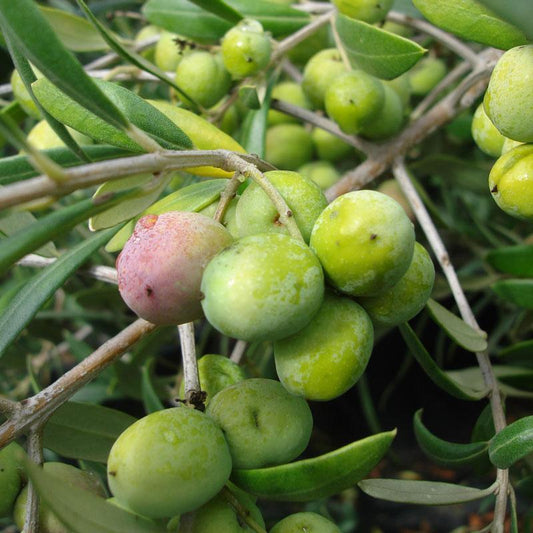 Sold out
Sold out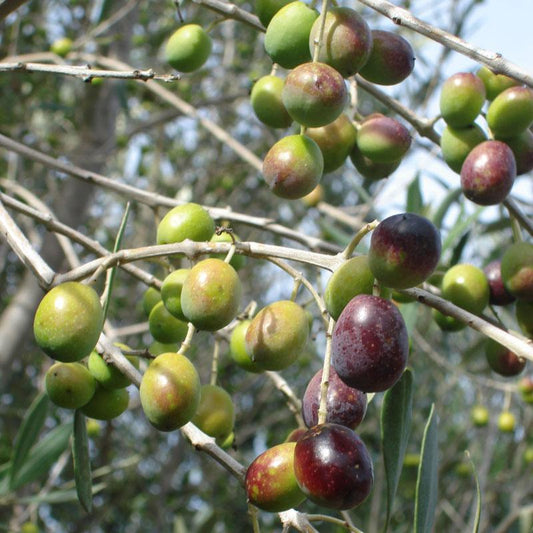 Sold out
Sold out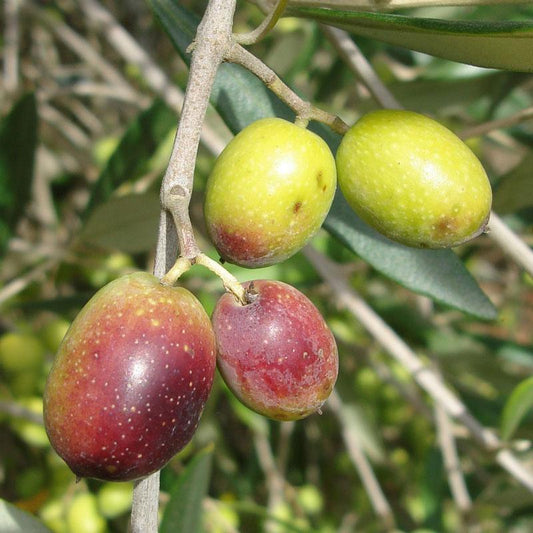 Sold out
Sold out





